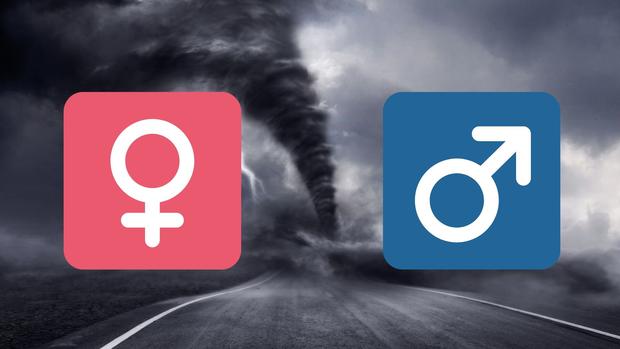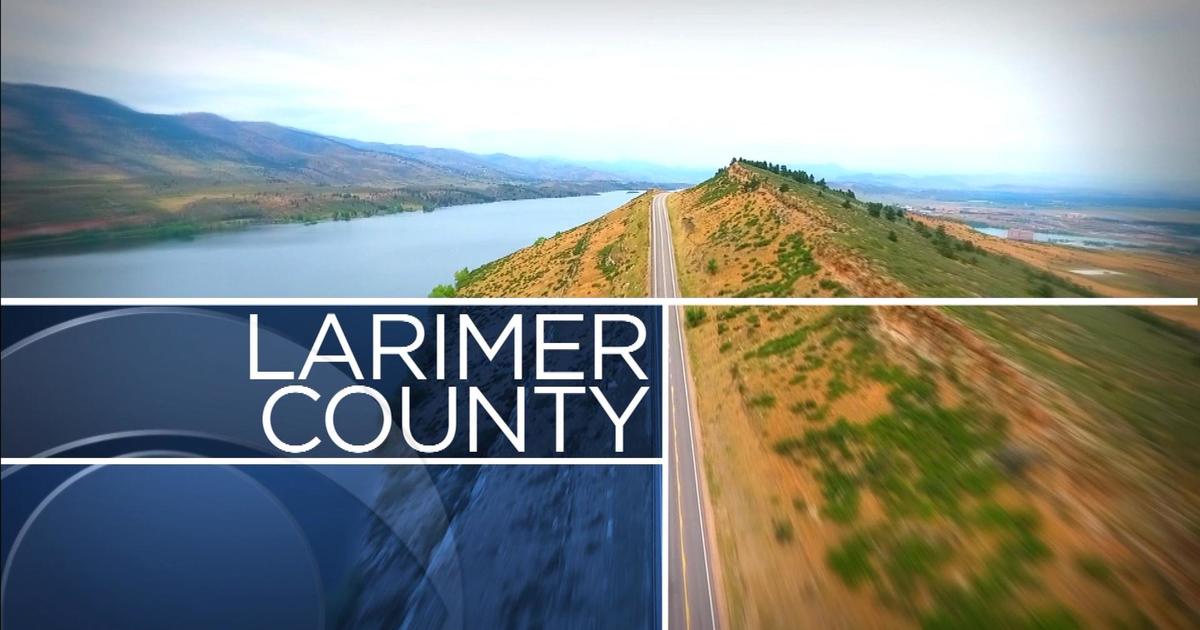CU Study: Men, Women Handle Disasters Very Differently
BOULDER, Colo. (CBS4) -- Results of a new study produced in part by the University of Colorado-Boulder detail distinctions in how the genders respond to natural disasters. Researchers discovered women were quicker to take shelter in advance of, or during, a disaster than men -- yet men often ultimately decided the actions that were taken, sometimes to the detriment of the women or their families.
"Women seemed to have a different risk perception and desire for protective action than the men in their lives, but men often determined when and what type of action families took," wrote lead author Melissa Villarreal, a PhD student in CU's Department of Sociology and research assistant at the Natural Hazards Center. "In some cases, this put women and their families in greater danger."
Individuals involved in two Texas events - an EF4 tornado that struck Granbury, Texas in 2013, and an explosion at a fertilizer plant in West, Texas in 2016 - were interviewed by researchers from CU-Boulder and Texas A&M University. The team interviewed 33 women and 10 men immediately following the disasters and again one year later. The results were published in the journal "Disaster."
"We often assume that men and women are going to respond the same way to these kinds of external stimuli but we are finding that's not really the case," said co-author Texas A&M University Assistant Professor Michelle Meyer, director of the Hazard Reduction and Recovery Center at Texas A&M.
In one case, a Granbury woman recounted hunkering in a closet with her children while her husband, despite her pleas, remained at a window looking at the tornado.
In another, a woman wanted to shelter in place but was convinced by her husband to get in the car and attempt to drive away from the storm. They ended up stuck in the car, the tornado's winds whipping against it, with their children in the back seat.
The researchers said previous studies also found that women tend to have a higher perception of risk, and because they are framed as "worriers," they are sometimes not taken seriously.
In other aspects of post-disaster recovery, traditional gender roles surfaced. Aid workers tended to address "the man of the house" when offering direct aid, even when the women had filled out forms requesting it. Additionally, women were more often than not isolated to recovery of households while men tended to larger community issues.
"If your perspective is not taken into consideration and you feel isolated, that can impede your mental health recovery," said Villareal.




